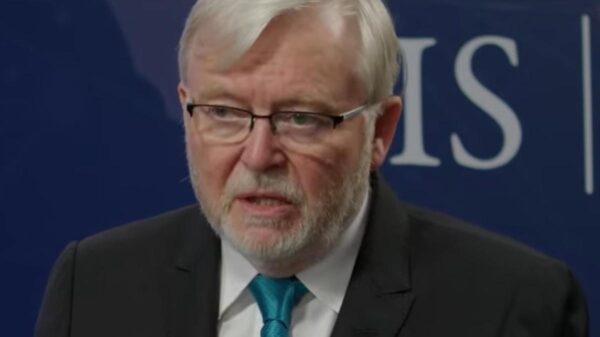A comprehensive study conducted by researchers at the University of South Australia has revealed that regular movement, including unstructured play and casual activities, can significantly alleviate symptoms of depression and anxiety in children and teenagers. The research, which reviewed 375 clinical trials involving more than 38,000 young individuals aged between five and 18, indicates that the mental health benefits of physical activity can manifest within a matter of weeks.
Dr. Ben Singh, a research fellow at UniSA and the study’s lead researcher, stated, “We found that when children and teenagers moved more, through play, sport or exercise, it significantly reduced depression and anxiety.” These findings emerge during a time of heightened concern regarding youth mental health, with approximately one in four Australian children experiencing symptoms of depression or anxiety from a young age. According to Dr. Singh, factors such as academic pressures, uncertainty about the future, and constant exposure to social media contribute significantly to these challenges.
The researchers advocate for movement as a practical, low-cost alternative that families, schools, and policymakers can adopt to address these pressing mental health issues. Dr. Singh emphasized that many children either do not receive treatment or do not respond effectively to traditional methods such as therapy or medication. “Movement gives us a practical alternative,” he explained.
Accessible Solutions for Mental Well-Being
The study highlights that the most significant mental health improvements occurred in programs lasting less than 12 weeks. This suggests that children do not need to wait long periods to see positive results. Notably, the type of physical activity does not have to be intense or highly structured; informal movement activities—such as walking, riding a bike, or playing outside—provide similar mental health benefits as organized sports or exercise classes.
“It doesn’t have to be elite sport,” Dr. Singh remarked. “A game of backyard cricket or a bike ride with friends is enough. What matters most is that kids are active.” Beyond physical health benefits, increased movement was also shown to enhance confidence, energy levels, and social interaction, especially when performed with peers. “Children who move more tend to feel better, connect more, and build confidence,” he added. “It’s something every parent and teacher can encourage.”
The research team is urging schools, communities, and health professionals to recognize physical movement as a crucial component of mental health care. Dr. Singh stated, “Movement should be part of the conversation when we talk about supporting young people. It’s free, it’s effective, and it could make a lasting difference.”
As the mental health crisis among youth continues to grow, the findings from this study present a compelling case for incorporating regular physical activity into the daily lives of children and teenagers. By prioritizing movement, society can take meaningful steps toward improving the mental well-being of future generations.






























































